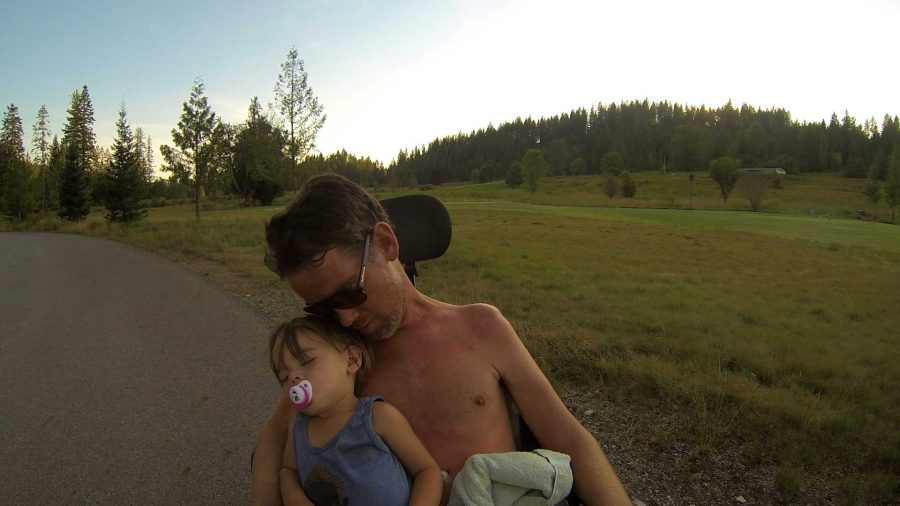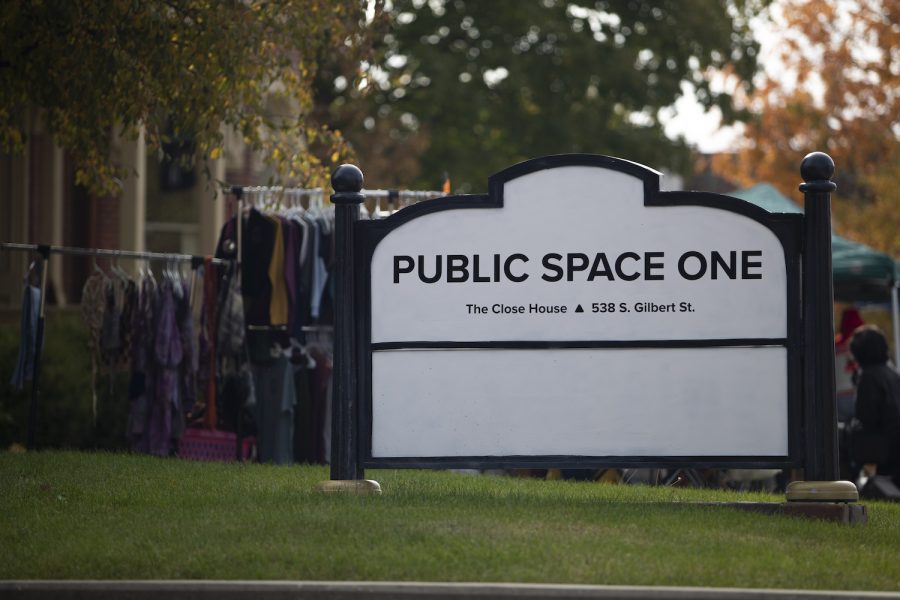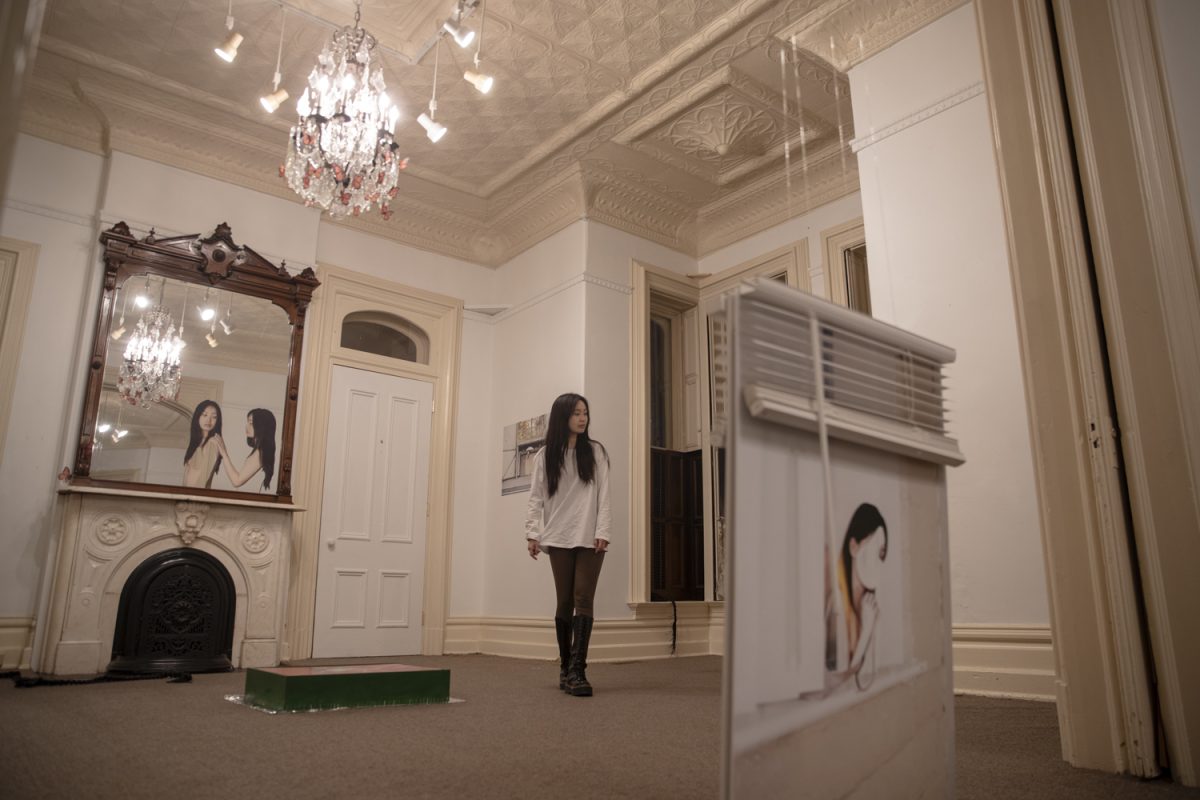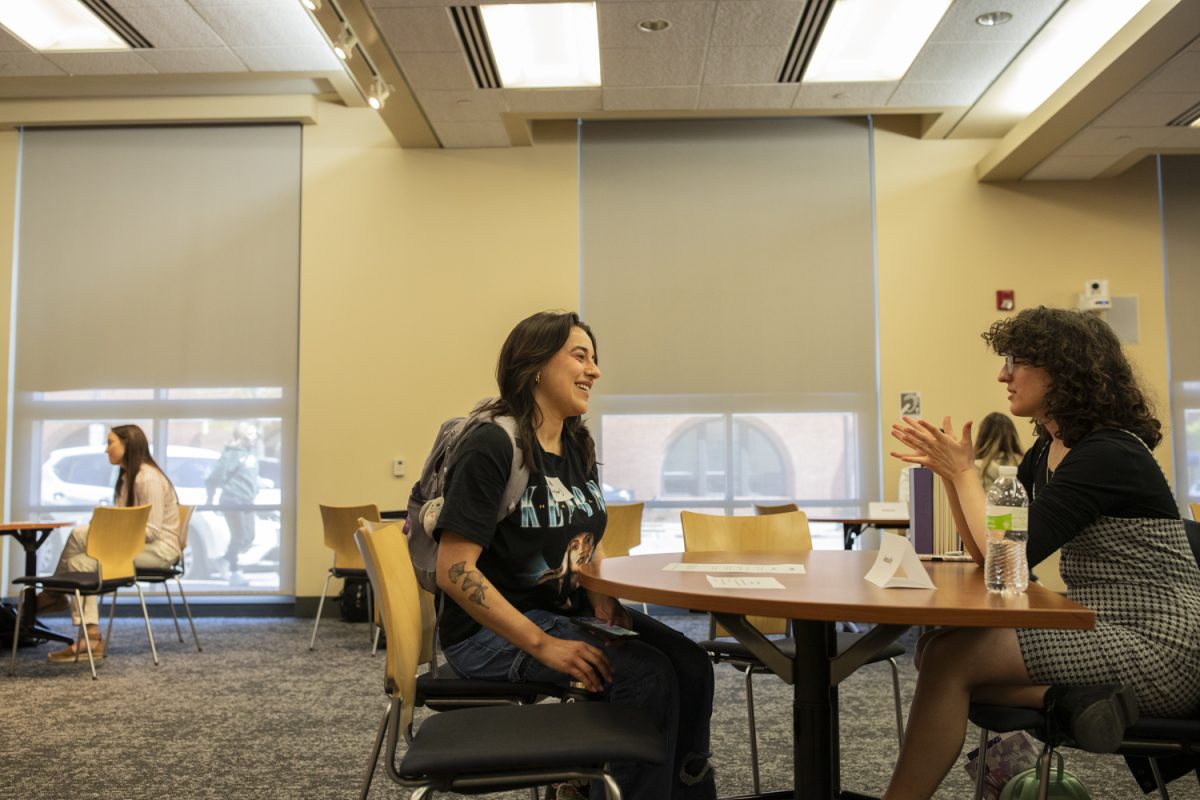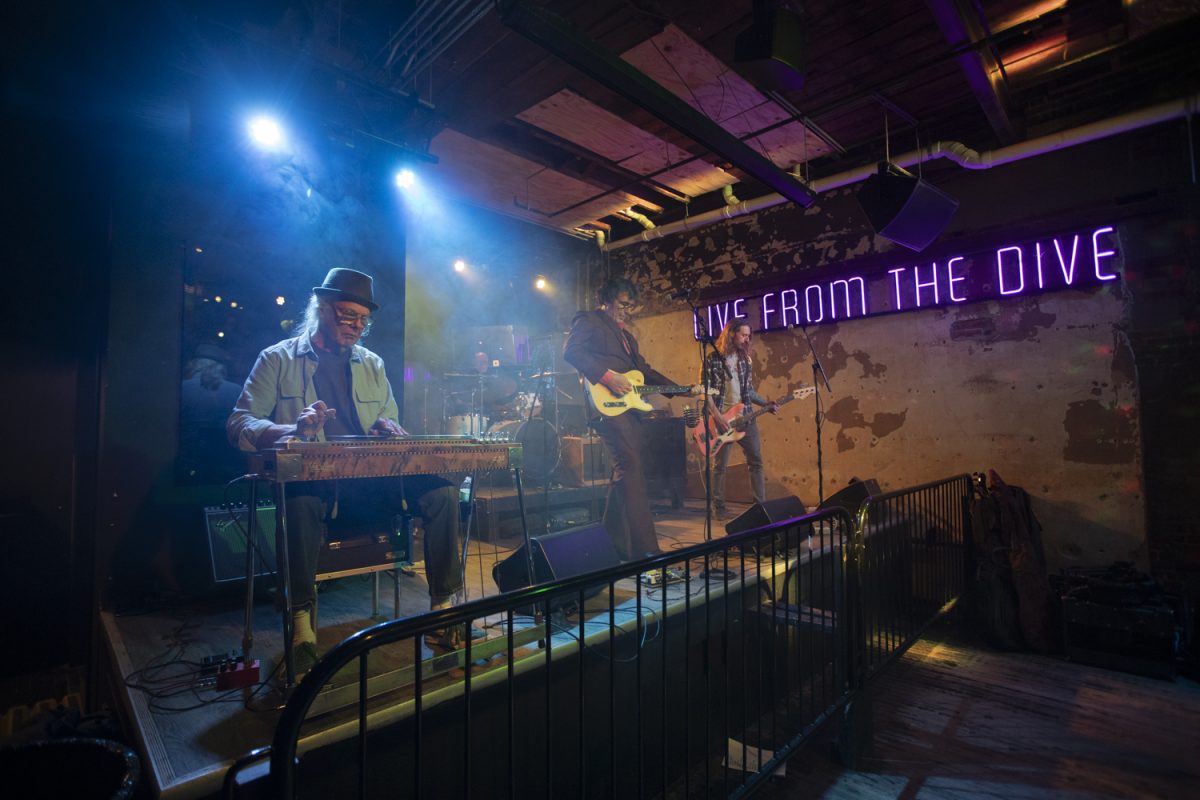By Isaac Hamlet
[email protected]
The Englert will screen the documentary Gleason, a story about a former pro athlete and his family dealing with ALS at 8 p.m. Friday. Following the screening, the documentary’s producer and director (Mary Rohlich and Clay Tweel) will stay for a Q&A session.
“We’ve been trying to screen a movie for a while now,” said Paul Roesler, a Scheels event coordinator. “I was looking for a film that would work and stumbled on [Gleason]. It didn’t look like something the theaters around here would show and seemed interesting.”
Gleason is a documentary following Steve Gleason, a former defensive back for the New Orleans Saints who, in 2011, was diagnosed with ALS, amyotrophic lateral sclerosis, more commonly known as Lou Gehrig’s Disease.
A portion of the proceeds from the event, organized by FilmScene and Scheels, will go to the University of Iowa’s ALS clinic, the only one in the state of Iowa.
“ALS is a motor neuron disease that affects the muscles you use for voluntary tasks, like moving your arms and legs, speaking and breathing,” said Erin Springer, a nurse clinician at the UI Hospitals & Clinics.
A distressing aspect of the affliction is how random it can be. It’s impossible to determine which nerves are going to be hit in what order from patient to patient.
“Each patient is unique,” Springer said. “When people are diagnosed really early, it might be just because they’re tripping over their feet a little bit, or realize they’re suddenly not able to lift their hands over their head.”
Shortly after Gleason was diagnosed with ALS, his wife received different news from the doctor: She was pregnant.
After getting the news, Gleason began filming himself. His hope was to communicate who he is to his child before he found himself unable to do so.
“When we came on board, there was already about 1,200 hours of film,” Tweel said. “Steve and Michel had been filming themselves since they received the diagnosis.”
Tweel and Rohlich became aware of the project during the Sundance Film Festival when they saw a trailer cut together by David Lee and Ty Minton-Small. Lee and Minton-Small had been around to help Gleason and wife Michel Varisco-Gleason record footage following the diagnosis.
“[Lee and Minton-Small’s] footage is so experiential and raw,” Twell said. “You’re watching these people go through things in the moment. That experience is so powerful that we wanted to use those [moments] as much as possible.”
Though Tweel hasn’t done the exact math, he estimates that 80 percent of the film comes from those initial 1,200 hours filmed. The remainder comes from he and his team filming interviews and giving context to some of the footage.
“You have no scripts to follow; you have to write the scripts in editing,” Rohlich said. “It’s not only the story of Steve and Michel, but it’s the reality of having ALS and living with ALS. Beyond that, it’s a more universal story of parenthood.”
Despite the seemingly bleak subject, the film doesn’t wallow in its more sorrowful aspects anymore than Gleason himself does; that is to say, it doesn’t.
“I want to press that the movie, while tragic, is inspirational and kind of funny,” Tweel said. “The way in which Steve and Michel confront these challenges and the brutality of the disease is with a level head and a sense of humor through the entire thing.”
“On the one-year anniversary of his diagnosis, he went skydiving and filmed [it],” Rohlich said. “He went road tripping to Alaska. [He’s] making the choice to say, ‘I want to live my life and help others do that.’ ”
Gleason
When: 8 p.m. Friday
Where: Englert, 221 E. Washington
Admission: $20-$25




